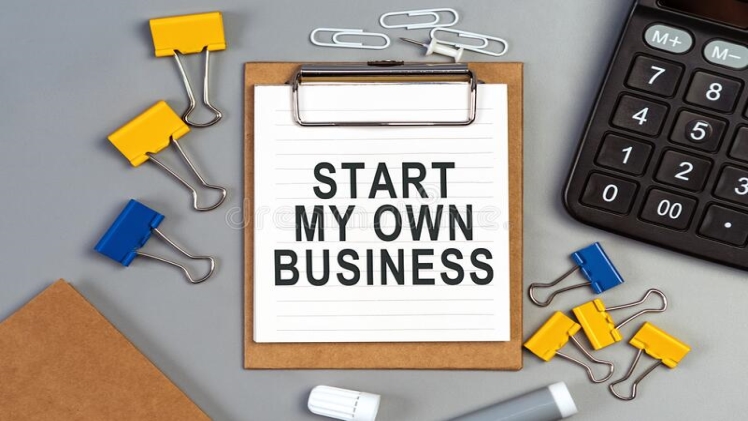Introduction
Hope springs eternal in the human breast,” said English poet and essayist Alexander Pope several centuries ago. He wasn’t describing people expanding or starting a business, but he may as well have been. Everyone who goes into business for themselves hopes to meet or surpass a set of personal goals. While your particular configuration is sure to be unique, perhaps you will agree with some of the ones I have compiled over the years from talking to hundreds of budding entrepreneurs.
In practical terms, that means you must buy only the best goods for your customers. Anything that affects the image your business has in your customer’s mind should be first-rate. It also means that you shouldn’t spend money on things that don’t affect the customer. For example, unless you’re a real estate broker your customers probably won’t care if you drive an old, beat-up car to an office in a converted broom closet, as long as you provide them an honest product or service for an honest price.
Here’s a question to ponder: Are you the right person for your business? Because running a business is a very demanding endeavor that can take most of your time and energy, your business probably will suffer if you’re unhappy. Your business can become an albatross around your neck if you don’t have the skills and temperament to run it. Simply put, I’ve learned that no business, whether or not it has sound financial backing, is likely to succeed unless you, as the prospective owner, make two decisions correctly.
Conclusion
A small business is a very personal endeavor. It will honestly reflect your opinions and attitudes, whether or not you design it that way. Think of it this way: The shadow your business casts will be your shadow. If you are sloppy, rude, or naively trusting, your business will mirror these attributes

